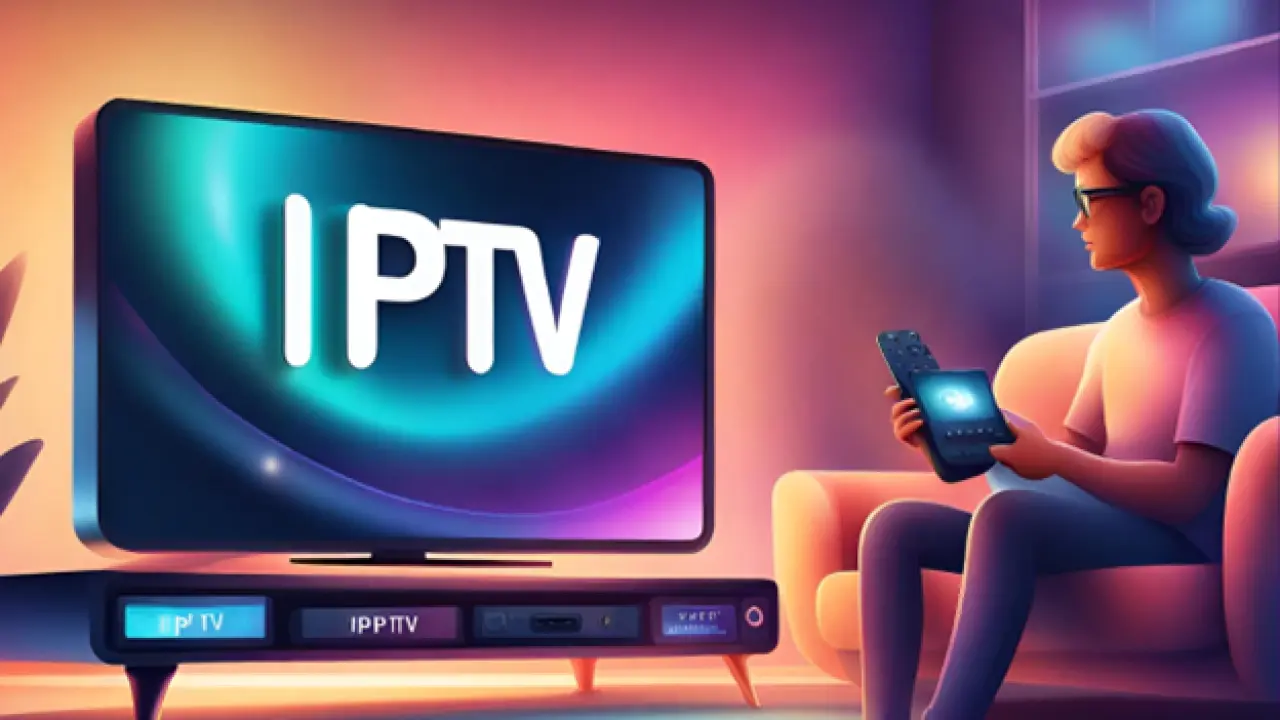
In recent years, Internet Protocol Television (IPTV) has revolutionized the way we consume media. Unlike traditional broadcasting methods, IPTV uses internet protocol (IP) networks to deliver television content. This innovative technology offers numerous advantages, including a wider selection of channels, on-demand content, and better picture quality. One of the prominent providers in this domain is norskiptv.net, which has been at the forefront of delivering exceptional IPTV services.
How IPTV Works
IPTV works by converting television signals into IP-based signals, which are then transmitted over a network. This allows viewers to stream content directly to their devices, such as smart TVs, computers, tablets, and smartphones. The process begins with the content source, where live TV channels and on-demand videos are encoded and stored on servers. When a user requests content, the IPTV service provider delivers the requested stream via the internet.
Advantages of IPTV
One of the main advantages of IPTV is its ability to offer a vast array of channels from around the world. Users can access content that is not available through traditional cable or satellite providers. Additionally, IPTV allows for interactive features such as pause, rewind, and fast forward, providing a more personalized viewing experience. Another significant benefit is the high-definition (HD) and ultra-high-definition (UHD) content available through IPTV services. This ensures that viewers receive the best possible picture and sound quality. Moreover, IPTV can be more cost-effective than traditional TV services, as it often comes with flexible subscription plans and no need for additional hardware like satellite dishes.
IPTV vs. Traditional TV
The key difference between IPTV and traditional TV lies in the delivery method. Traditional TV relies on satellite or cable networks, which can be limited by geographic and infrastructure constraints. In contrast, IPTV uses the internet, making it accessible to anyone with a stable internet connection. This global reach allows for a more diverse range of content and a more versatile viewing experience. Another distinction is the on-demand nature of IPTV. While traditional TV follows a fixed schedule, IPTV lets users watch what they want, when they want. This flexibility is a major draw for viewers who prefer to customize their entertainment experience.
Choosing the Right IPTV Service
When selecting an IPTV service, it’s essential to consider several factors. Firstly, the range of channels and on-demand content is crucial. A good IPTV service should offer a broad selection of international channels, movies, and TV shows. Additionally, the quality of the streams is vital. Look for services that provide HD and UHD content to ensure the best viewing experience. Customer support is another important aspect. Reliable IPTV providers, like norskiptv.net, offer excellent customer service to assist with any issues or questions. Furthermore, consider the compatibility of the service with your devices. The best IPTV services should work seamlessly across various platforms, including smart TVs, computers, and mobile devices.
Setting Up IPTV
Setting up IPTV is relatively straightforward. Most providers offer apps or software that can be installed on your preferred device. Once the app is installed, you’ll need to log in with your subscription details. Some services also provide dedicated IPTV boxes that connect directly to your TV. After logging in, you can start exploring the available content. The interface typically allows you to browse through channels, search for specific shows or movies, and create a list of favorites. The ease of setup and user-friendly interface make IPTV an attractive option for both tech-savvy users and those new to the technology.
Future of IPTV
The future of IPTV looks promising as more consumers shift away from traditional TV services. With the increasing availability of high-speed internet, IPTV is becoming more accessible and appealing. Innovations such as 5G technology will further enhance the streaming quality and reduce latency, making real-time viewing more seamless. Moreover, the integration of IPTV with other smart home devices and services will likely grow. Imagine controlling your TV with voice commands or integrating your viewing habits with home automation systems. These advancements will continue to push the boundaries of what IPTV can offer, making it an integral part of our digital lives.
Final Thoughts
IPTV represents a significant shift in how we consume television and video content. With its numerous advantages over traditional TV, including a wider selection of channels, on-demand content, and superior picture quality, IPTV is poised to become the future of television. Providers like norskiptv.net are leading the way, offering reliable and high-quality services that cater to the evolving needs of viewers. As technology continues to advance, the potential for IPTV to transform our viewing experiences is immense, making it an exciting option for anyone looking to upgrade their entertainment.



